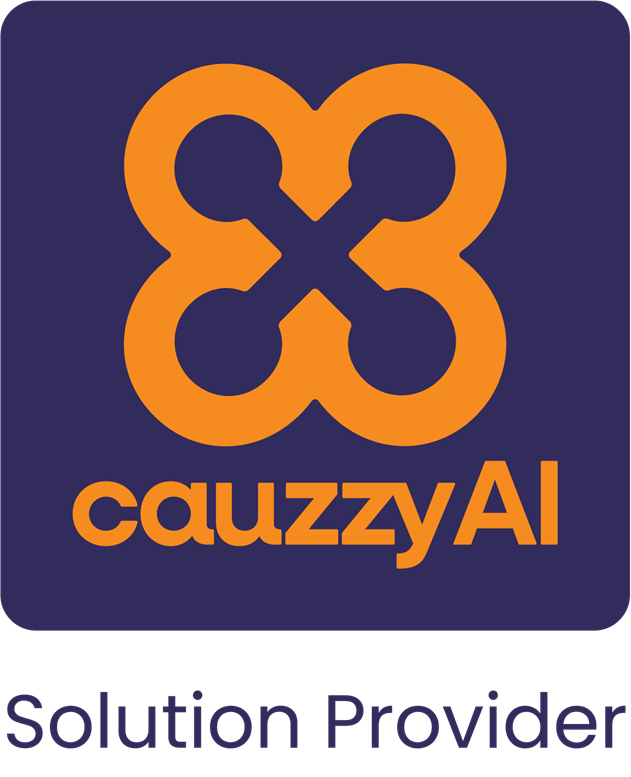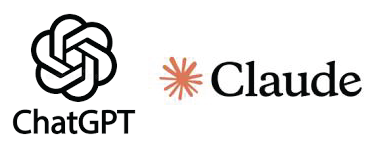Being flexible and making quick decisions has always been essential for businesses to move forward successfully, especially in today’s rapidly changing environment. Through Oracle NetSuite’s integrated financial planning and budgeting tools, finance teams can produce and access budgets in a centralized location and make real-time adjustments to stay in control and plan a prosperous outlook. Traditional budgeting processes are falling behind and failing to counter the rapid pace of change.
Instead of just keeping your head above water, it’s time to take control by implementing these three financial management strategies to help ensure the year ahead is a success.
Streamline Your Financial Planning Process
It’s one thing to have access to Oracle NetSuite; it’s another to use all its game-changing tools. By streamlining audits, tax accounting, payroll, forecasts and more, NetSuite is your one-stop source for financial data.
Businesses can improve performance and increase financial efficiency by seamlessly coupling core finance and accounting functions with strong management. The tool allows you to automate the planning cycle – including setting budgets, monitoring and reporting change, and forecasting – which can drastically improve your company’s execution and decision-making. Streamlining your financial planning process will give your team fewer headaches and open the door to running a more efficient business.
Utilize a Rolling Forecast
Getting stuck in old habits is common, but that’s not an excuse. The past few years of economic volatility have highlighted the limitations of traditional budgeting. Part of being flexible is about exiting your comfort zone and finding new ways to grow and improve. By using a cloud-based ERP software that automates lengthy, time-consuming tasks, you can additionally transition to a rolling forecast to maintain fluidity.
NetSuite is designed to present information that you need at your fingertips based on the role that you’re in. For example, a Chief Financial Officer would have easy access to balance sheets, income statements and other financial reports. Not only is that data visible on the dashboard, but the automation feature also enters the information directly into a rolling forecast.
Moving from a static form of budgeting to a dynamic one, rolling forecasts allow you to adapt to any type of market change and competition. So, let’s say your rolling forecast stretches 12 months into the future. When January 2024 ends, January 2025 will be added to the end of the rolling forecast, which allows you to continuously apply the most current data available. Rummaging through Excel files is a thing of the past. With Oracle NetSuite, you can set up an organized, central location for all your financial information.
Develop What-if Scenarios Based on Real-Time Financial Data
Predicting the future continues to grow more difficult, as uncertainty seems to be the theme of the year. By creating “what-if scenarios” and performing scenario analysis, you can have a better understanding of what the future may hold and take action to prepare for what’s to come.
By utilizing scenario analysis, organizations can quantify the impact of unpredictable events in order to make plans moving forward. Below are a few questions to ask:
- What can I learn from my current financial reports?
- Should I expect an increase or decrease in demand from customers?
- What happens if the manufacturing process for a product increases?
For each of these questions, there can be different outcomes. Scenario analysis isn’t just about predicting a single outcome for specific events but creating many possibilities to cover your bases and be more prepared.
Without the right resources or systems in place, creating what-if scenarios can be a very labor-intensive process. However, by using financial modeling tools within NetSuite, you can utilize preconfigured templates and have access to past and current financial data to help tell the story of what the future may hold. Easy-to-use Cloud ERP software makes incorporating scenario analysis into everyday operations feasible.
These three budgeting strategies will make the new year a breeze, but make sure to note the main theme: flexibility and functionality. Instead of moving ahead with what we know doesn’t work, be adaptable and make the right decisions for your business to prosper.





















